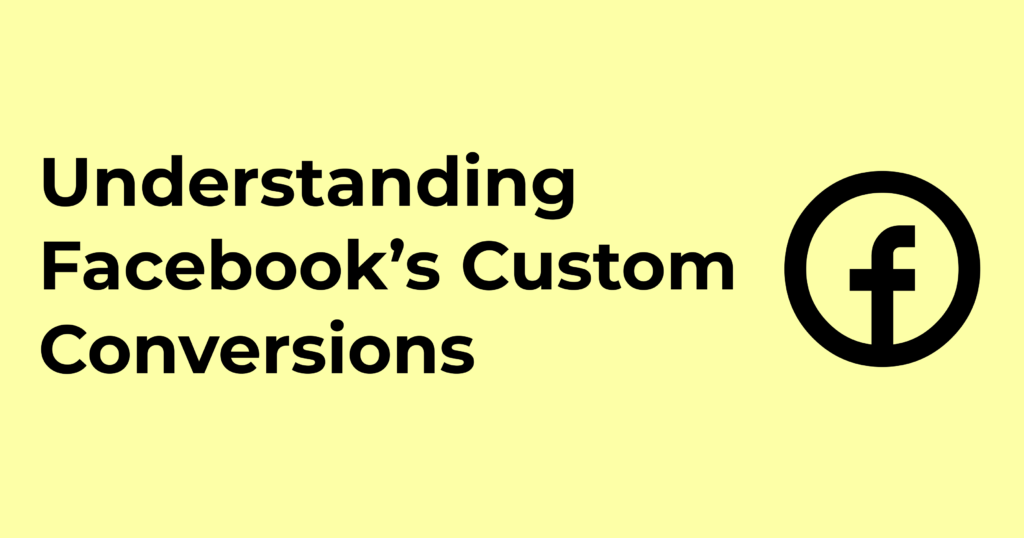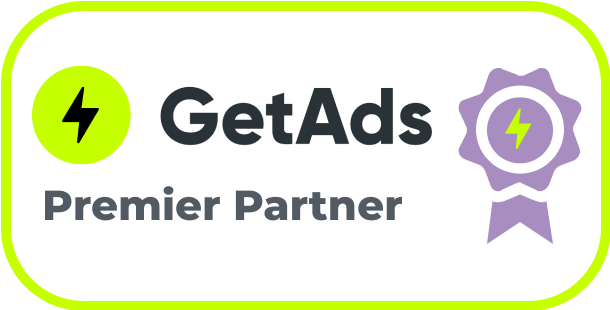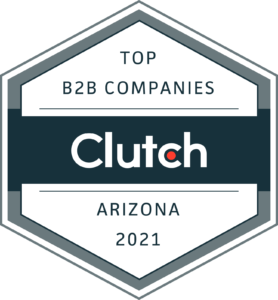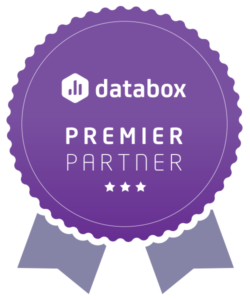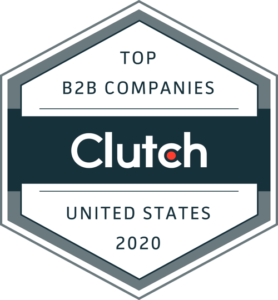HAVE YOU HEARD OF FACEBOOK’S CUSTOM CONVERSIONS? NO? YES?
Custom Conversions allow advertisers and/or business owners (running their own Facebook ads) to track and optimize for conversions without adding anything to the Facebook pixel code that is (hopefully) already on your site.
THERE’S A LOT BEING SAID ABOUT FACEBOOK’S PIXEL
There are a lot of different interpretations on whether things are one way or another, there is limited information, as well as misinformation — which is then sugar-coated with a little bit of “Not sure, why don’t you test it?”.

However, we will only be talking about Facebook Custom Conversions.
LET‘S GET STARTED: THE VITAL INFORMATION
In order to understand Facebook Custom Conversions, you must first be able to understand the conversion event itself, and what exactly it means.
What is a conversion in Facebook’s eyes? A conversion to Facebook is an ‘action’ that an individual takes on the website in which the Facebook Pixel is installed, this action could be something like (if you have an e-commerce store) a checkout, adding an item to their cart, completing registration, or finishing their purchase.
CONVERSION EVENT – WHAT IS THIS?
A Conversion Event, in comparison to a Custom Conversion, is dictated by the particular location of the action itself.
So, if a visitor adds a product to their cart, proceeds to checkout, adds payment information, and successfully completes the purchase, they have an action four times in total, which in return has registered a total of four conversions, but each time the location (URL) of the action was different.
- Add To Cart event is triggered on the Add To Cart page
- Checkout event is triggered on the Customer Information page
- Add Payment Information event is triggered on the Payment Information Page
- Purchase event is triggered on the Thank You page
What does this mean?
This means that Facebook not only tracks all those actions of conversion, but it has the ability to understand and differentiate between all the different actions that visitors of any website take, and by nature recognizes each conversion event individually. These become extremely powerful when ad set optimization time comes around. Mind blown yet?
KEEP GOING: THE BASIC STANDARD EVENTS
You may be a little confused about the different events and how you can implement them into your website to better track the performance of your ads, don’t worry.
Facebook has a list of 9 events that cover almost all of your business needs. These are called the ‘Standard Events’, you just need to paste on the page you wish to track along with the Base Pixel.
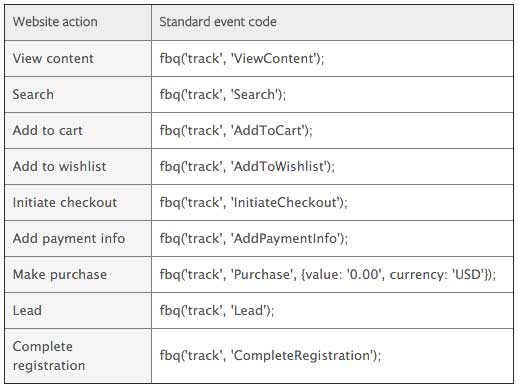
YES, EVENTS OPTIMIZE
Now that you have all of that information you may be thinking it’s pretty cool, but what does all this mean? Why does it matter?
Let’s make it simple, if you’re advertising a product or service through Facebook ads without using, or rather optimizing for, conversion events, you might as well go to the Facebook HQs and hand them your credit card without expecting anything in return.

Facebook ads optimization could be its own article, so we went ahead and wrote one up – but in short, ad sets under a conversion campaign use a conversion event to know what to optimize for.
If you want your ads to drive purchases you would use a different conversion event that if you want your Facebook ads to drive sign up registrations, for purchases you would select the ‘Purchase’ event, and for registrations, you would select the ‘Complete Registration’ event, and so on, Facebook is able to do this by showing your ads to people that have a history of completing those actions.
LET’S TALK ABOUT FACEBOOK CUSTOM CONVERSIONS
Now that you know what a conversion is and have a slight understanding of Facebook Standard events, what exactly are Custom Conversions?
There will be times in which your business (while using Facebook ads) will need to track and measure the conversion of an action that the standard events are not able to track, Facebook Custom Conversions make it possible to track those events, quite simply too.
The nice thing about Custom Conversions is that you do not need to do any extra coding, or installation on the back end of your site – everything can be done inside of Facebook Event Manager.
Here’s a scenario, while the Facebook Pixel can differentiate between different events like a Purchase event or an Add To Cart event, it cannot track the different kinds of purchases, or products purchased.
If you run a clothing store and sell 5 shirts and 2 hats on a particular day, the purchases will be tracked as an aggregate of 7 purchase events. It can’t differentiate between a shirt being purchased and a hat, at least not without a Custom Conversion.
This makes it possible for you, as a business owner, to specifically track unique events that are valuable to you as well as to optimize for them separately from the aggregate Standard Events.
So a quick recap of what we just went through:
- Any action on site = Conversion
- A specific action on site = Conversion Event
- Conversion Event = Standard Events + Custom Events (Custom Events are Non-Standard Events)
Facebook is a great advertising channel for many businesses and that’s why people choose to advertise on the giant social media platform. Although, managing Facebook ads can be complex, time-consuming, and stressful. Fantôm offers Facebook Advertising Solutions to take the work of your hands so you can focus on your business. Contact us now if you want your Facebook advertising efforts to be in good hands.

